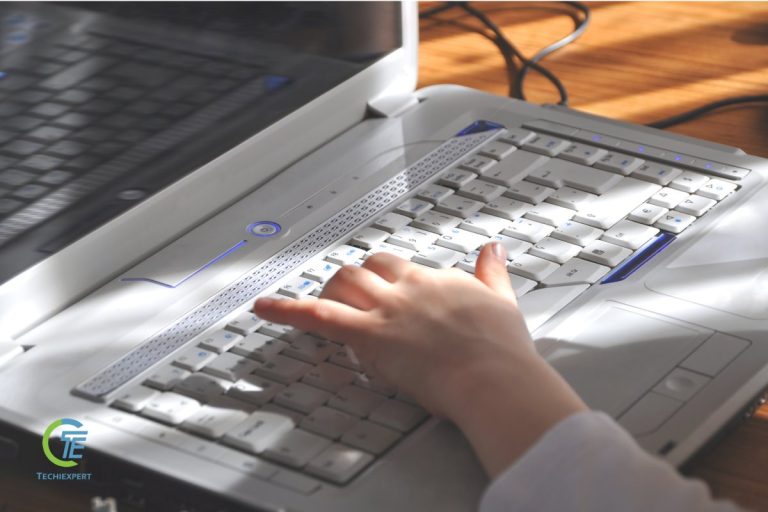The current mobile computing landscape represents a major shift in the way we engage with the digital world. Smartphones and tablets have become essential in our daily lives, serving as essential tools for communication, entertainment, and productivity.
The incorporation of high-speed Internet, augmented reality, and advanced computing capabilities into these devices has blurred the lines between traditional computing and mobile technology. The future of mobile computing holds even more promise, with developments like foldable displays, 5G connectivity, and enhanced AI capabilities that could further transform our interaction with technology.
Processor technology: faster, smaller, more efficient
Rapid advances in processor technology are reshaping personal computing. Modern processors strike a balance between speed, efficiency, and size, resulting in lighter, faster, and more power-efficient devices. This is particularly evident in the move to ARM-based processors in devices such as the latest MacBooks and iPads, providing a significant boost in battery life and performance. As processor technology continues to evolve, we can expect more powerful personal computing devices capable of easily handling increasingly complex tasks.
Cloud computing: the backbone of modern hardware
Cloud computing has become a staple of modern computing, enabling previously unimaginable flexibility and scalability. It supports everything from data storage and software access to collaborative work environments. Integrating cloud computing into personal devices means users can access data and applications anytime and anywhere, making computing more seamless and interconnected. The cloud is poised to become more integrated with advances in cloud gaming, AI processing, and personal services.
Artificial Intelligence: The intelligent assistant in your device
Artificial intelligence is increasingly becoming an essential aspect of personal computing devices, turning them into proactive assistants. AI-driven features like predictive text, smart search, and personalized recommendations are becoming standard, enhancing the user experience. The future of AI in personal computing is incredibly promising, with potential advances in natural language processing, context-aware computing, and AI-based content creation, making our interactions with devices more natural and intuitive.
Cybersecurity: Protecting our digital lives
In a world where reliance on digital technology is ever increasing, cybersecurity has become of utmost importance. The emergence of smart devices has created new vulnerabilities, making robust cybersecurity measures essential. Innovations in this field are constantly evolving, with a focus on protecting data integrity, privacy and digital identity. Future cybersecurity trends may include decentralized security systems, AI-based threat detection, and advanced cryptographic methods to counter increasingly sophisticated cyber threats.
Personal computing: beyond traditional boundaries
The personal computing landscape is constantly evolving, transcending traditional boundaries. The refurbished devices symbolize this evolution by offering cutting-edge computing experiences at affordable prices. These devices make features such as high-resolution displays, advanced graphics capabilities, and professional applications accessible to a wider audience. This transformation is crucial to ensuring that the latest technological developments are available to everyone, and enhancing the comprehensive digital landscape.
Integrating virtual reality and augmented reality into personal computing
The integration of virtual reality (VR) and augmented reality (AR) into personal computing is revolutionizing how we interact with the digital world. These technologies extend beyond entertainment into areas such as education, vocational training and even healthcare. As VR and AR technologies continue to mature, we can expect them to become more immersive and integrated into our everyday computing experience, providing new ways to learn, explore, and interact with the world around us.
In conclusion, the future of personal computing is an exciting mix of innovation, accessibility, and security. As we embrace emerging technologies such as artificial intelligence, virtual reality/augmented reality, and more accessible options, we are entering a new era of personal computing that is more integrated and influential in our daily lives than ever before. This progress promises a future that is not only technologically advanced, but also comprehensive and far-reaching in its impact.

